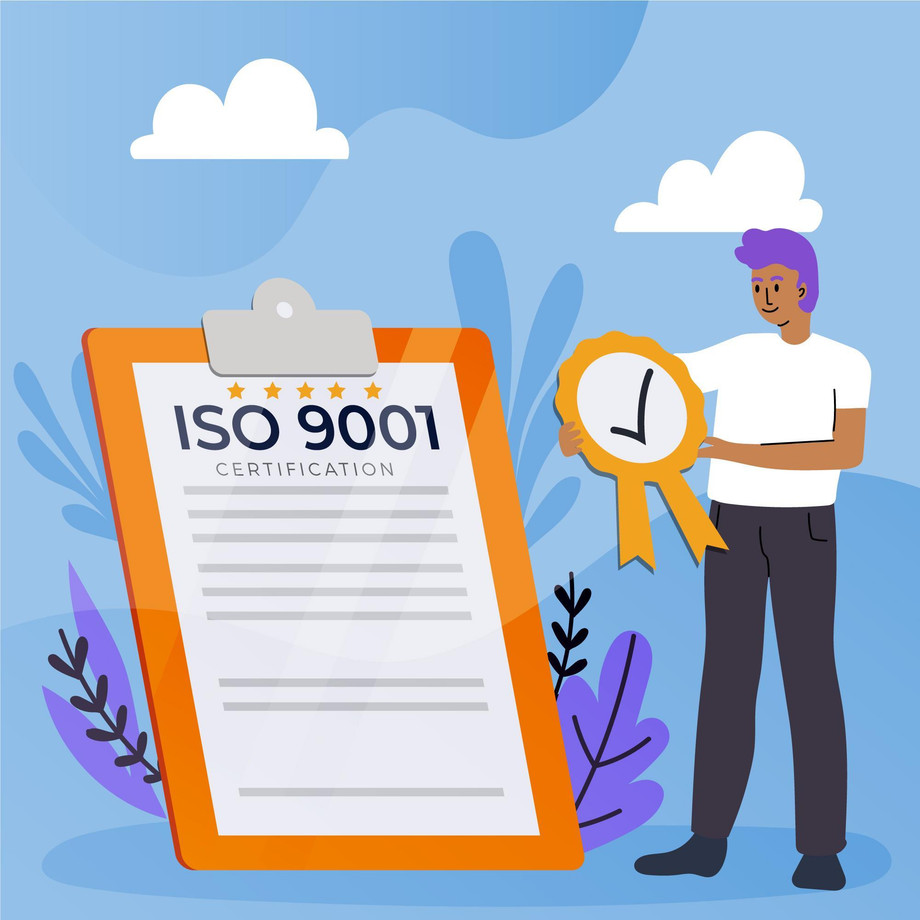ISO 9001 is a globally recognized standard for quality management systems (QMS) that helps organizations ensure they meet customer and regulatory requirements. Achieving ISO 9001 certification demonstrates a company’s commitment to quality, consistency, and continuous improvement. The certification process involves a thorough assessment of the organization’s processes, from product development to customer service, ensuring that they align with the ISO 9001 standards. This certification is not just about creating a set of procedures but fostering a culture of quality throughout the organization.
To begin the journey toward ISO 9001 certification, an organization must first understand the requirements of the standard. The ISO 9001 standard is based on several quality management principles, including a strong customer focus, leadership involvement, process approach, and continual improvement. These principles form the foundation of an effective QMS, ensuring that the organization can consistently deliver products and services that meet customer expectations and regulatory requirements.
One of the key steps in achieving ISO 9001 certification is the development and implementation of a QMS that aligns with the standard. This involves documenting processes, procedures, and responsibilities to ensure that they are clearly understood and followed throughout the organization. It also requires regular monitoring and measuring of performance to identify areas for improvement. The goal is to create a system that not only meets the requirements of the standard but also drives continual improvement in quality and efficiency.
Once the QMS is in place, the organization can apply for certification through an accredited certification body. The certification process typically involves a two-stage audit. In the first stage, the certification body reviews the organization’s documentation to ensure that it meets the requirements of ISO 9001. In the second stage, the certification body conducts an on-site audit to verify that the organization’s processes are being followed and are effective in meeting the requirements of the standard.
Achieving ISO 9001 certification offers numerous benefits for organizations. It can enhance customer satisfaction by ensuring that products and services consistently meet expectations. It can also improve efficiency by identifying and eliminating inefficiencies in processes. Additionally, ISO 9001 certification can provide a competitive advantage by demonstrating the organization’s commitment to quality and continuous improvement.
However, maintaining ISO 9001 certification requires ongoing effort. Organizations must regularly review and update their QMS to ensure that it continues to meet the requirements of the standard and to drive continual improvement. This may involve conducting internal audits, monitoring customer feedback, and making changes to processes as needed.
For organizations looking to achieve ISO 9001 certification, it is essential to invest in training and education to ensure that employees understand the requirements of the standard and their role in maintaining the QMS. Training programs, like those offered by Merit Global Training, can provide valuable insights into the certification process and help organizations successfully implement and maintain their QMS.
In conclusion, ISO 9001 certification is a powerful tool for organizations looking to enhance quality, improve efficiency, and gain a competitive edge. By understanding the requirements of the standard and committing to continual improvement, organizations can achieve and maintain certification, ensuring long-term success in today’s competitive marketplace.

